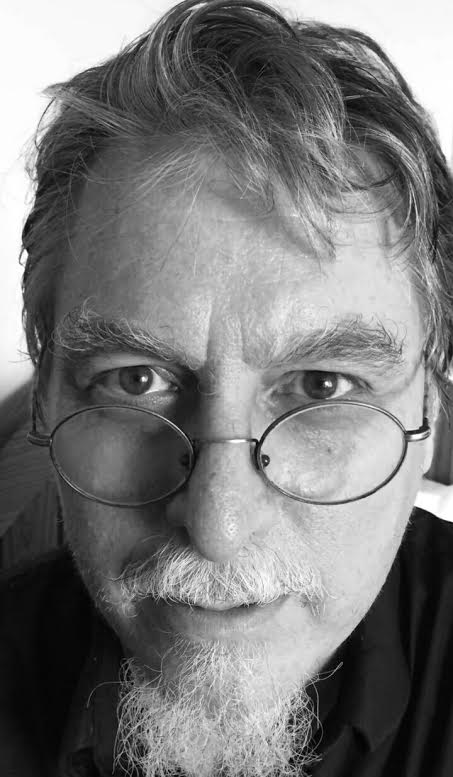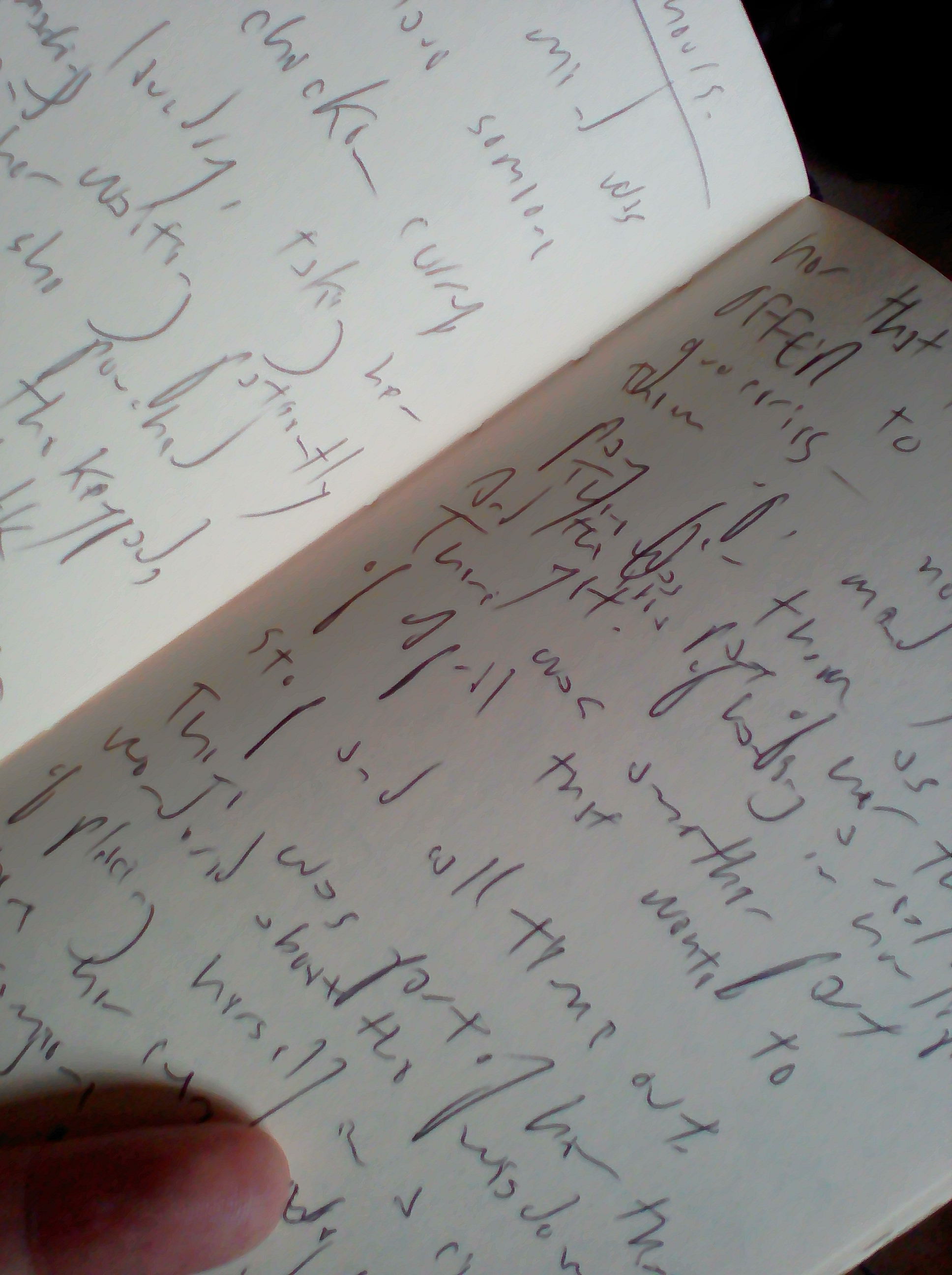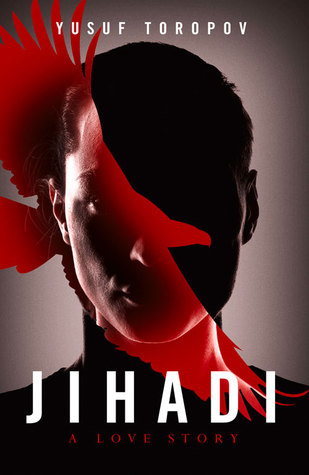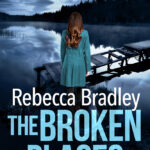 I’m really pleased to be able to welcome Yusuf Toropov to the blog today to talk about his first draft process.
I’m really pleased to be able to welcome Yusuf Toropov to the blog today to talk about his first draft process.
Yusuf is an American novelist, playwright and nonfiction writer currently living in Ireland. He is creating the possibility of harmonious acceptance in the Middle East, USA, and Europe via literature and a global conversation about coexistence.
When you decide to write something new, what is the first thing you do?
I scribble things about the protagonist into a journal until I am sure I made the right decision. This sometimes takes weeks.
Do you have a set routine approaching it?
Other than aiming to write a thousand words a day, six days a week, no. I write whenever the time presents itself.

Pen and paper or straight to the keyboard?
Both, depending on where I am when an idea hits me and how easy it is to get to computer. I jump back and forth a lot.
How important is research to you?
Not very important in the early going, but I do at least do try to read a nonfiction book related to the obstacle the protagonist faces.
How do you go about researching?
In addition to reading a physical book, there’s a lot of hit and run research as I move through the first draft. As I write, I usually do quick Google searches to fill in the gaps on things I don’t know enough about. There were all kinds of details about the US military that I had to fill in that way on Jihadi: A Love Story.
How do you store everything; ideas, research, images that catch your eye?
I send a lot of emails to myself. I pick a single word that I always use in the heading of the message, then I can always tell that the idea connects to the novel.
Tell us how that first draft takes shape?
I set a time goal for myself as I head into the second half of the novel. That doesn’t work as well for developing the first half, but once I know what the foundation is, I can benefit from working against the clock. That doesn’t mean the first draft is going to be ready for anyone else to read once I’m done. It just means it will be finished and ready to edit.
Are there any rituals you have to do or items you must have with you while writing that draft?
No. I listen to music when I can, though. There are a couple of playlists that say “writing a first draft” to me. The Beatles figure prominently, which will come to no surprise to people who’ve read the novel. (One of the characters has a Fab Four fixation.)
Does the outside world exist or are you lost to us for a period of time as the magic works?
If I can get the world to go away, I like getting lost in the work.
What does your workspace look like?
It looks like a dozen different places: a café, the shower (I get great ideas there, probably because my subconscious knows I can’t write down notes while I’m wet and soapy), the table in my bedroom, the table in the kitchen, the bus I happen to occupy, the undisclosed location where I type out this. The world is my workplace.
Edit as you go or just keep getting words out?
Both. That’s a terrible answer, because I do subscribe to the theory that you need to keep moving the novel forward, no matter what – but the thing is, I can only do that once I am absolutely certain what the first ten or twelve pages look like. So the process of nailing those first ten or twelve pages may take a while. Then I’m off to the races.
I see many writers counting words in a day. Word counter or other method of keeping track of progression?
Word counter, all the way.
So, that first draft is down. Roughly how long did it take? And what shape is it in?
There’s no way to predict that. It’s like asking how well a first date goes. The first draft usually in very rough shape indeed, except for the opening
In what format do you like to read it through, ereader, paper or the computer screen?
I’m too impatient to wait to print it out or put it into a Kindle format. I read it on the screen.
What happens now that first draft is done?
The year of living dangerously.
Thanks for digging into the depths of the first draft. It’s been a pleasure having you.
You can find Yusuf on Amazon and Twitter.
Jihadi: A Love Story
 A former intelligence agent stands accused of terrorism, held without charge in a secret overseas prison. His memoir is in the hands of a psychologist with her own agenda, and her annotations paint a much darker picture. As the story unravels, we are forced to assess the truth for ourselves, and decide not only what really happened, but who is the real terrorist. Peopled by a diverse and unforgettable cast of characters, whose reliability as narrators is always questioned, and with a multi-layered plot heaving with unexpected and often shocking developments, Jihadi: A Love Story is an intelligent thriller that asks big questions.
A former intelligence agent stands accused of terrorism, held without charge in a secret overseas prison. His memoir is in the hands of a psychologist with her own agenda, and her annotations paint a much darker picture. As the story unravels, we are forced to assess the truth for ourselves, and decide not only what really happened, but who is the real terrorist. Peopled by a diverse and unforgettable cast of characters, whose reliability as narrators is always questioned, and with a multi-layered plot heaving with unexpected and often shocking developments, Jihadi: A Love Story is an intelligent thriller that asks big questions.
This was a part of Yusuf’s blog tour (though you may notice we are a little late with my date, this was due to an error on my part as I didn’t get what was needed, to Yusuf on time, so though these usually run on a Friday, I’m slotting it in today.I apologise profusely to Yusuf and Karen for getting waylaid with this.) Check out the other great blogs that were on the rest of the tour.




Really interesting and original – sending emails to self with all of the notes/ideas/pieces of research. Hadn’t heard that one before…
Interesting he emails ideas to himself.
Really interesting, as all the editions of this series are! I respect people who are flexible enough to write in a lot of different places, and are flexible about writing. Wishing you continued success!